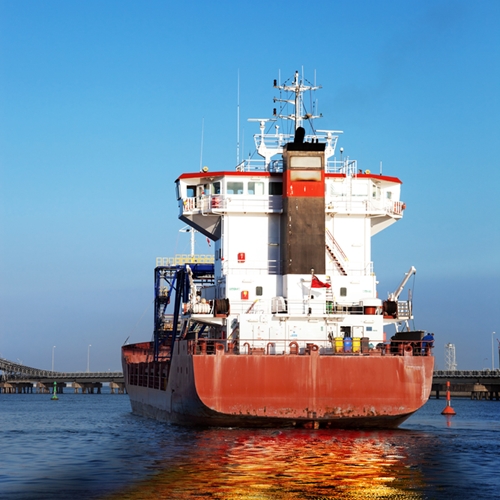
A proposed industrial development near the waterfront of Pittsburg, Calif., intended to store and process crude, oil has some residents concerned about safety, noise, and air quality.
The Contra Costa Times reported the $200 million proposal would transform industrial land into a facility capable of unloading crude oil from rail cars and ships. WesPac Energy-Pittsburg LLC marine terminal proposal only accounted for imported deliveries. However, in the first draft of its environmental impact report, the project was revised to include delivery by rail.
The project
According to the Pittsburg Energy Infrastructure Project website, WesPac Energy-Pittsburg plans to reactivate the NRG Pittsburg Generation Station marine terminal, and subsequently upgrade or replace the oil transfer and storage facilities. This marine terminal will primarily be used to receive crude oil imports from locations such as Alaska and other foreign services. An oil production shortage in California is straining existing refineries, and this project would alleviate not only this slowdown, but it would reduce traffic in major shipping lanes and the air pollution associated with it.
In addition to the restoration of the marine terminal, WesPac will also lease land from BNSF Railway Company to construct a new rail car transload facility. Virgin and partially refined crude oil will be transported to the proposed facility via railway from locations such as the Bakken region in North Dakota, the Permian Basin in Texas, the Niobrara region in Colorado and other oil-rich regions within the U.S. 100 cars at a time. Combined, the marine terminal and the railway will be able to offload an estimated 242,000 barrels of crude a day.
A new underground pipeline will be built to connect the railway facility to the storage tanks, where crude oil will be held until needed by refineries. In addition to this smaller pipeline, another pipeline will connect the storage tanks to the KLM pipeline, which is already connected to the majority of California's refineries.
The concerns
Amid concerns over pollution and air quality, many opponents of the project say it is unsafe. While the project will contribute to the local economy, adding jobs and tax revenue, there are certain realities of constructing such a facility that residents would need to face.
"Significant and unavoidable impacts to aesthetics, aquatic and terrestrial resources, hazards and hazardous materials, public utilities, land use and recreation, and water resources could also occur in the event of an accidental release of oil at or near the Terminal, Rail Transload Facility, or associated pipelines, even after implementation of mitigation measures," according to the WesPac Environmental Impact report. "However, spill probabilities are low, and a number of federal and state regulations have been enacted that address design and construction standards, operational standards, and spill prevention and response measures."
Still, even with federal regulations, containment walls surrounding the storage tanks and automatic safety technology like a fire alarm system or flame detector sensors, some residents are skeptical. Jim McDonald, an area resident, lives near the marina. In addition to immediate safety concerns, like fires and explosions, he is also concerned the development project will cause cancer and increase cases of asthma.
"I think the tanks are not safe, that's the main issue," McDonald to the Contra Costa Times. "If it blows up, I'll have a front-row seat."
Public commentary on the project, as well the 2,000-page environmental impact report, is open until Sept. 6. While the final environmental impact report is expected to be released in November, the city of Pittsburg will hold a public workshop to discuss the draft report on Aug. 26. Construction on the project is expected to take two years to complete, however, if all permits are approved, the project is expected to begin during the third quarter of 2013.